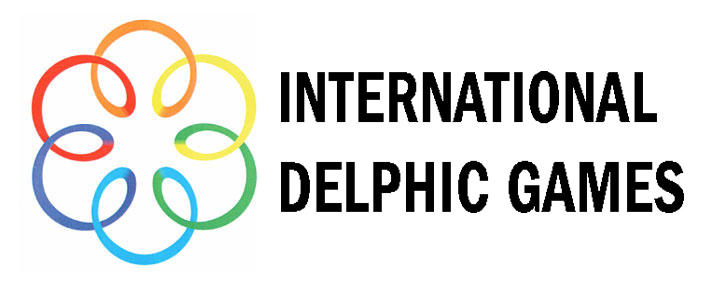CULTURAL MARKET ECONOMY
Empowerment of art & culture through contemporary structures
Art & culture have already become strong elements of our economy. Mobility, technical innovations and digitalization reflect their economic potential and contribute to the constant change in the traditional understanding of art & culture. The cultural and creative industries are now a common term, encompassing marketing and demonstrating the marketability of arts & culture.
The International Delphic Council e.V. (IDC) coined here the term “Cultural Market Economy”, the interaction of politics, economy, art, culture and education – for the benefit of society.
Cultural Market Economy in ancient times
Every four years, in the year before the Olympic Games, the Pythian (Delphic) Games, dedicated to Apollo, the god of arts and muses, took place in Delphi in ancient Greece – for about 1000 years. The Pythian Games contributed to the pacification of the partly considerable conflicts of the city states, much more than the Olympic Games. Delphi offered a foothold, was a lively meeting place for cultural, artistic and political exchange of opinions. It was the greatest honour for the artists’ home cities to finance their participation in the competitions. This can be described as a “public private partnership” in ancient Greece, because trophies for art and sport had a high social prestige and a lasting impact, thus shaping society.
Cultural Market Economy today
It is time to consider culture and sport as equal parts of society, which are entitled to equally high levels of funding. New artistic disciplines should be accepted just as openly as new sports. Public support and private sponsorship by companies, foundations, charity and patronage are important guarantees for the international vitality and diversity of the cultural and artistic scene and for the strengthening of peace.
The Cultural Market Economy has the potential to initiate a restructuring of the arts, thereby becoming a form of investment and balancing sport in its diversity. The beneficiaries would be the citizens, the entertainment industry, the economy.
No effect without structures
“Nothing is more powerful than an idea whose time has come.” (Victor Hugo)
Art & Culture have become part of the entertainment industry, which raises the question of how they present themselves in the global media market and what they focus on.
In order to be on a par with sport, a minimum of manageable, uniform structures and rules are required to successfully address a global audience and innovative partners.
Winners
All the world’s peace forces and their institutions and creative partners would be the winners, especially
- Arts & Culture & Education
- Politics & Economy
- Tourism & Hospitality
- Communication & Social Affairs
- Entertainment Industry & Media
- Digital & Analogue Technologies
- Environment & Cultural Heritage
- Security & Prevention

